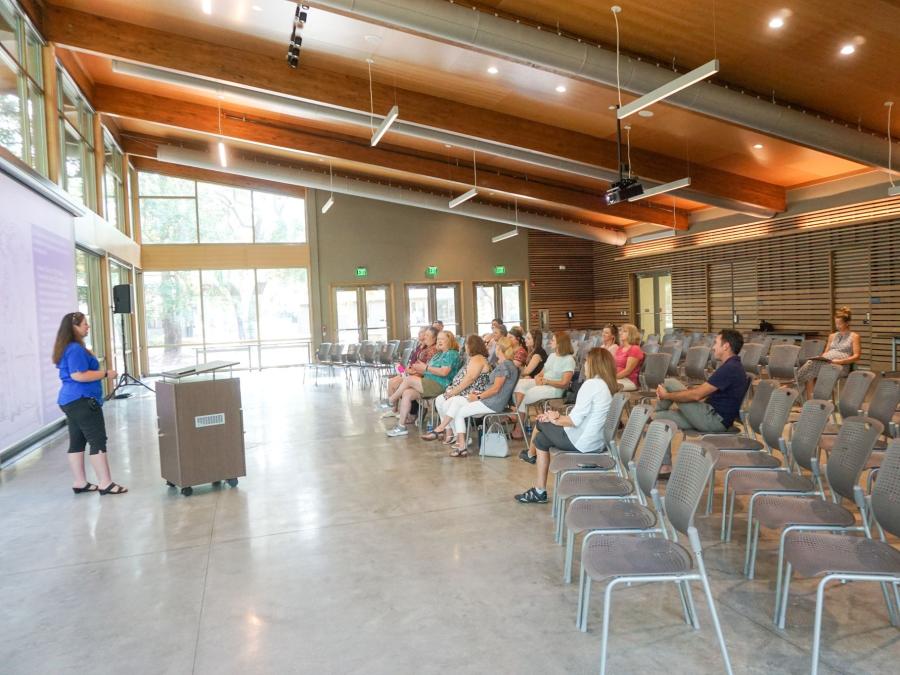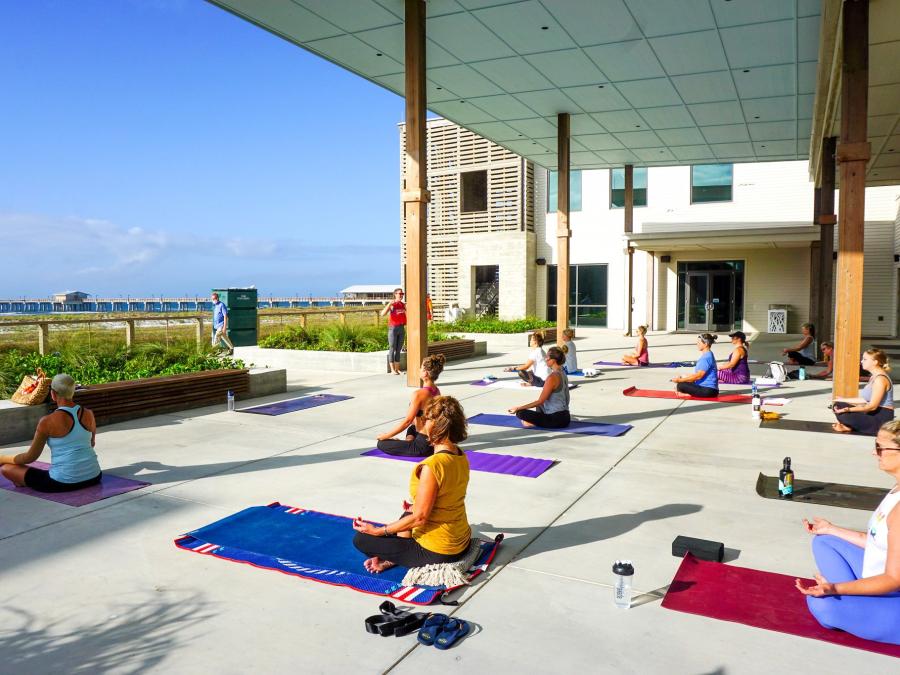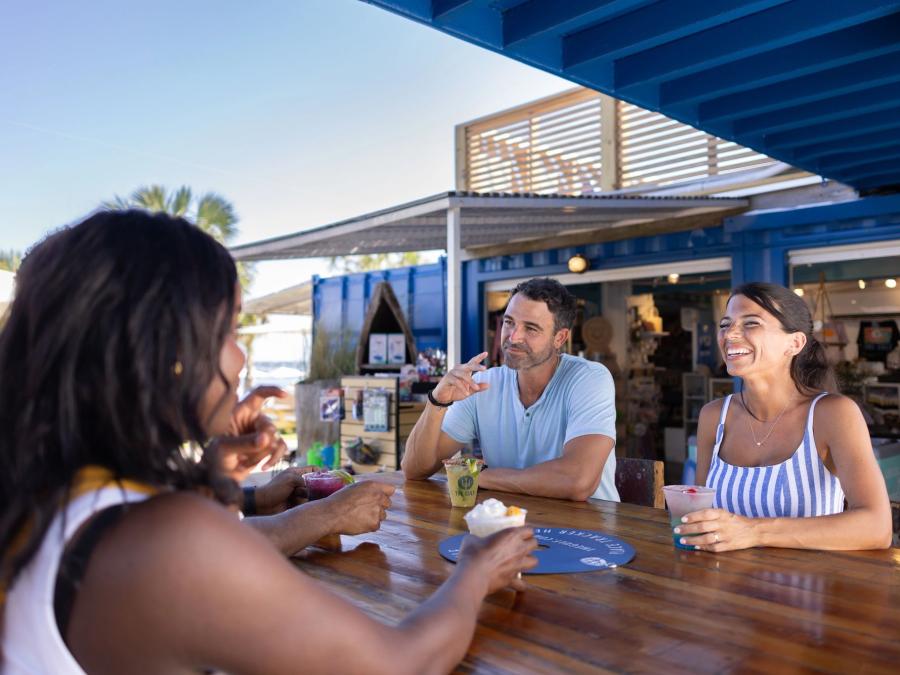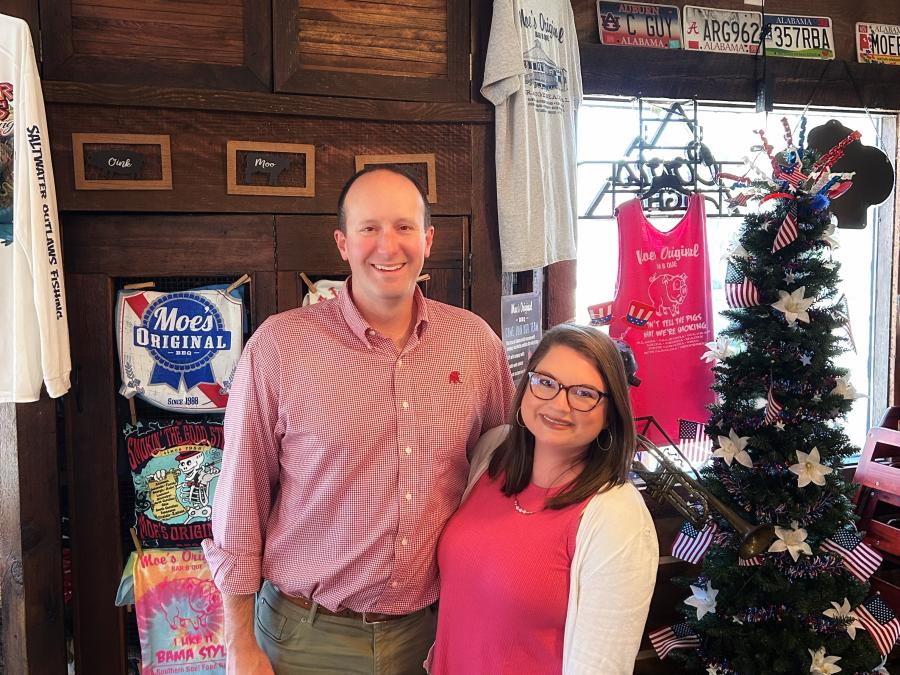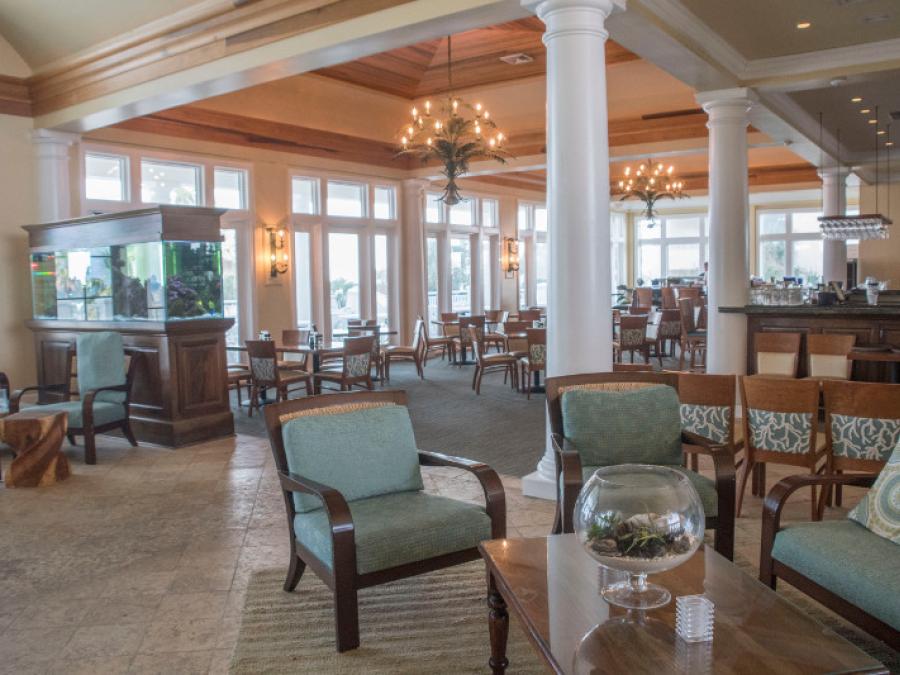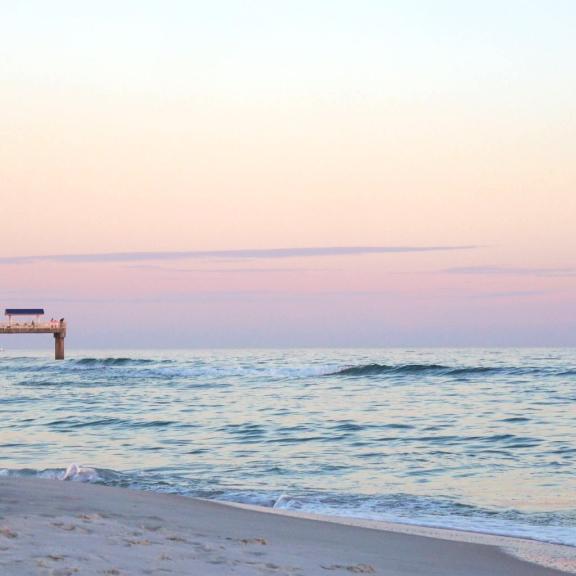
Our communications and marketing manager, Ally Mills Dorrough, TMP, APR, sat down with her public relations colleague Tiffany Nabors, MAT, marketing and community engagement program manager at a Birmingham-based health care company, during her company’s training meeting along Alabama's Beaches. What began as an interview to gain Nabors' meeting attendee experience morphed into something much greater – how her perspective of the destination has changed over the years.
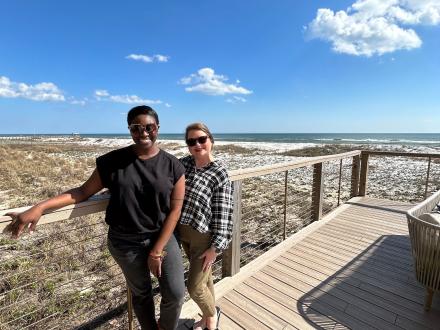
From what Nabors described as a dream to visit as a child to later visiting as a young adult not feeling she quite fit in, she was pleasantly surprised during her first return trip to Alabama’s Beaches after many years.
Upon reflection, Nabors believes that trauma plays a role in the historical context of some African Americans and bodies of water. Discriminatory practices, such as community pool bans, Jim Crow laws, and even the Transatlantic slave trade, can easily get overlooked, she said. Add in economic disparities, and this context reveals much about her past visits to the area.
"My mom was a single parent, and money and time were tight growing up, so we didn't have the extra funds to travel to the beach or many other places," Nabors explained. "When I was older and began working, I decided to drive down myself, but I didn't feel like I fully fit in as a young Black woman. I wasn't directly unwelcome, but I didn't see many people who looked like me, and the atmosphere didn’t feel very amiable. I was in no rush to return.”
Albeit traveling for business purposes, Nabors looked forward to a couple days away from her office and her normal day-to-day mom duties (and all the other things that come with adulting) to take in the sun and sand. As she rolled into south Baldwin County, Nabors instantly sensed the atmosphere was different; it was more modern and approachable than she remembered.
"Immediately, when I arrived on property [at The Lodge at Gulf State Park] and even before that as I drove through Foley, I was taken aback by the area's growth," Nabors said. "There have been so many new things built. Years ago, when you first got off the interstate, you would have a couple turns before arriving at the beach, and now it's a straight shot. That, alone, feels like progress."
Nabors says she could smell the progress in the air just like she could smell the sea salt, and she noticed intentionality from various angles, too.
"Inclusion must be intentional, and the experience at The Lodge felt more progressive and welcoming than past visits," noted Nabors. "The fresh modern look and feel seemed intentional. The cleanliness of the destination felt intentional. It’s extremely refreshing to see divides of our past improving."
As a destination marketing organization, Gulf Shores & Orange Beach Tourism (Alabama's Beaches) instills a set of internal core values to strive for advocacy – to be intentional from the inside out. One of these core values is to “take care of one another; treasure each other and continually strive to create an encouraging culture and caring community; to our story, focus on our future and understand where we have come; to encourage personal development and healthy habits.”
I explained during our conversation that while messaging my audiences or writing from a meeting planner perspective, I desire to intentionally reflect these values so each planner and potential attendee feels welcome and part of something bigger here. It is more than just promoting a singular meeting or attendance-building tool; it is about inspiring travel and return trips so generations of all backgrounds to come can build memories here, too.
Nabors applauded that sentiment, saying the state’s future holds so much opportunity for more progress guided by this commitment.
"It seems this is a community you can bring your attendees to and they will want to bring their families back to, regardless of what area of the country they're visiting from,” she said. “No matter your background, I recommend giving the updated and improved Alabama Beaches a try."
While Alabama's Beaches have come a long way, progress is a process. Advocacy is a process. And intentionality is key.
Tiffany Nabors, MAT, holds a bachelor's degree in journalism from the University of Alabama and a master's degree in teaching language arts from the University of West Alabama. She serves on the Alabama Chapter of the Public Relations Society of America (PRSA) board of directors and resides in the Birmingham, Alabama, area with her two children, Mari and Malachi.
